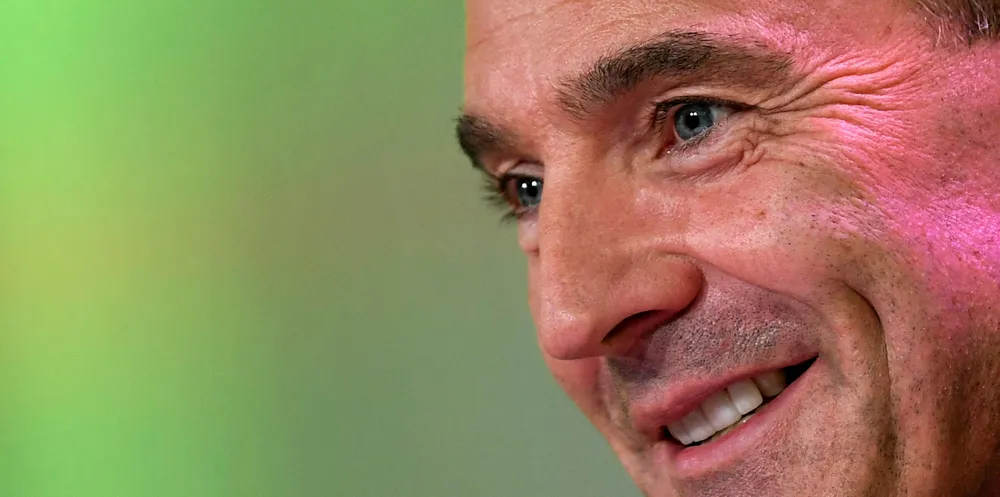BP boss Looney hails 'resilient' renewable energy as oil price turns negative
CEO Looney predicts sharper pressure for energy transition post-pandemic as consumers change habits

CEO Looney predicts sharper pressure for energy transition post-pandemic as consumers change habits
